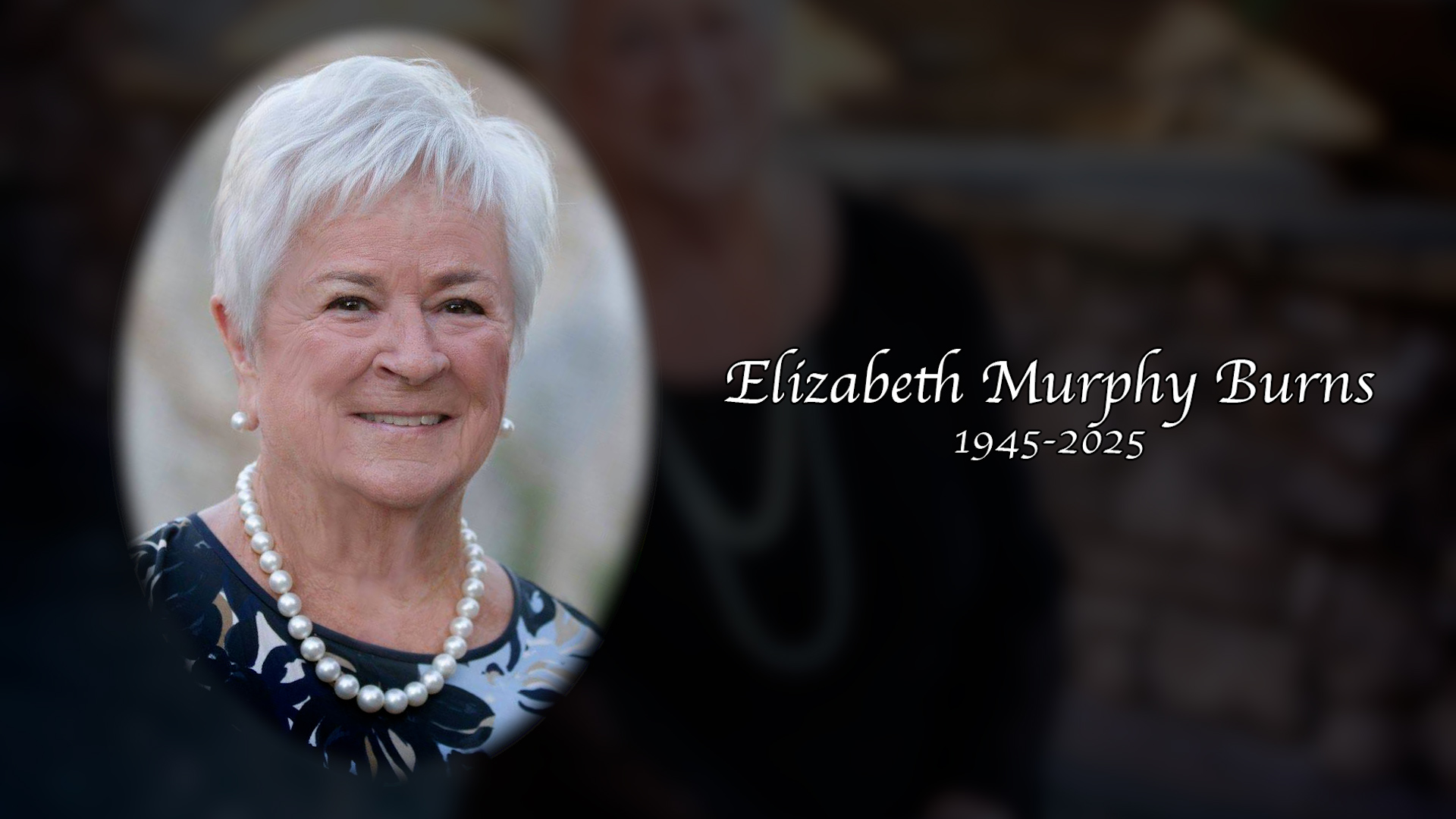NextGen TV: APTS and NAB Oppose Microsoft’s Petition To Revise FCC’s DTS Rules
Dispute could have important implications for the rollout of ATSC 3.0 broadcasts and data services

WASHINGTON—America’s Public Television Stations and the National Association of Broadcasters have filed a brief with the FCC opposing a petition submitted by Microsoft Corporation asking the Commission to revise its rules governing Distributed Transmission Systems (DTS).
The controversy, which could have important implications for the deployment of NextGen TV broadcasts and services, revolves around the FCC January 13 Report and Order updating its DTS coverage rules.
The order expanded the permissible range of signal spillover and replaced the subjective “minimal amount” language used to describe spillovers, giving broadcasters more flexibility in the placement of DTS transmitters. This flexibility could help with DTS deployment and help ATSC 3.0 services reach their full potential.
In a May 21 filing with the FCC, Microsoft detailed a number of complaints about the order and argued the order would hurt their Airband Initiative to use TV white spaces to provide broadband services in rural areas. It "needlessly worsens an already-difficult environment" for TV white spaces deployments, the filing noted.
This was quickly attacked by the NAB.
A May 25, 2021 blog post by NAB deputy general counsel Patrick McFadden blasted Microsoft's efforts to get the FCC to revise a January ruling, calling Microsoft's Airband Initiative "hot air" and a heavily hyped solution to the rural broadband gap that has not lived up to its promises.
In the new August 3 filing with the FCC, APTS and the NAB continue their opposition to Microsoft, arguing that “Microsoft’s petition presents no legitimate case for reconsideration and the Commission should promptly deny it.”
Get the TV Tech Newsletter
The professional video industry's #1 source for news, trends and product and tech information. Sign up below.
“Microsoft’s petition asks the Commission to elevate Microsoft’s parochial interest in television white spaces (TVWS) technology above the public interest in allowing broadcasters to make more efficient use of spectrum and provide improved service to viewers,” the two groups wrote.
The filing argues that the TVWS initiative has been a failure, with “fewer TVWS devices operating in the United States today than there were four years ago....[M]ost companies previously supporting TVWS technology have abandoned it for other unlicensed spectrum opportunities, leaving Microsoft as the sole major proponent of the technology.”
Meanwhile the brief notes that “broadcasters...are moving forward quickly with ATSC 3.0 deployments and are already planning DTS deployments to improve service to consumers.”
"The Commission cannot in good conscience bar broadcasters from making real-world investments to improve service to viewers based on nothing more than more empty promises,” from Microsoft, the groups argued. “We urge the Commission to promptly deny Microsoft’s petition for reconsideration.”
The two groups also opposed Microsoft’s proposed waiver standard.
George Winslow is the senior content producer for TV Tech. He has written about the television, media and technology industries for nearly 30 years for such publications as Broadcasting & Cable, Multichannel News and TV Tech. Over the years, he has edited a number of magazines, including Multichannel News International and World Screen, and moderated panels at such major industry events as NAB and MIP TV. He has published two books and dozens of encyclopedia articles on such subjects as the media, New York City history and economics.

